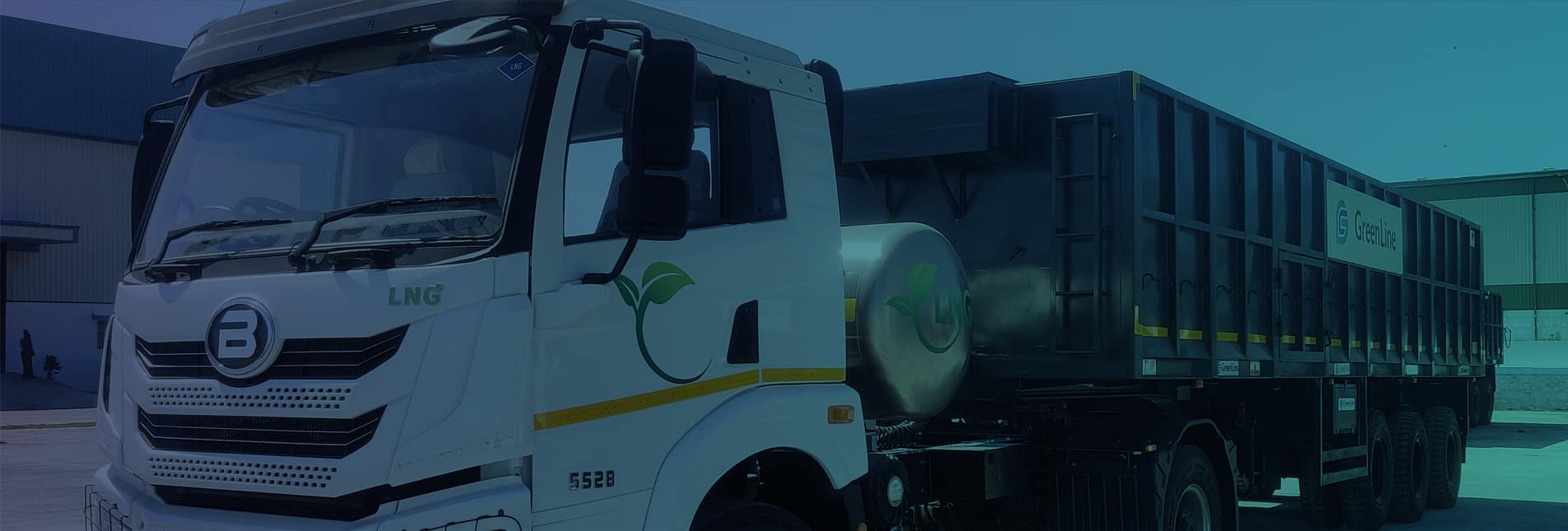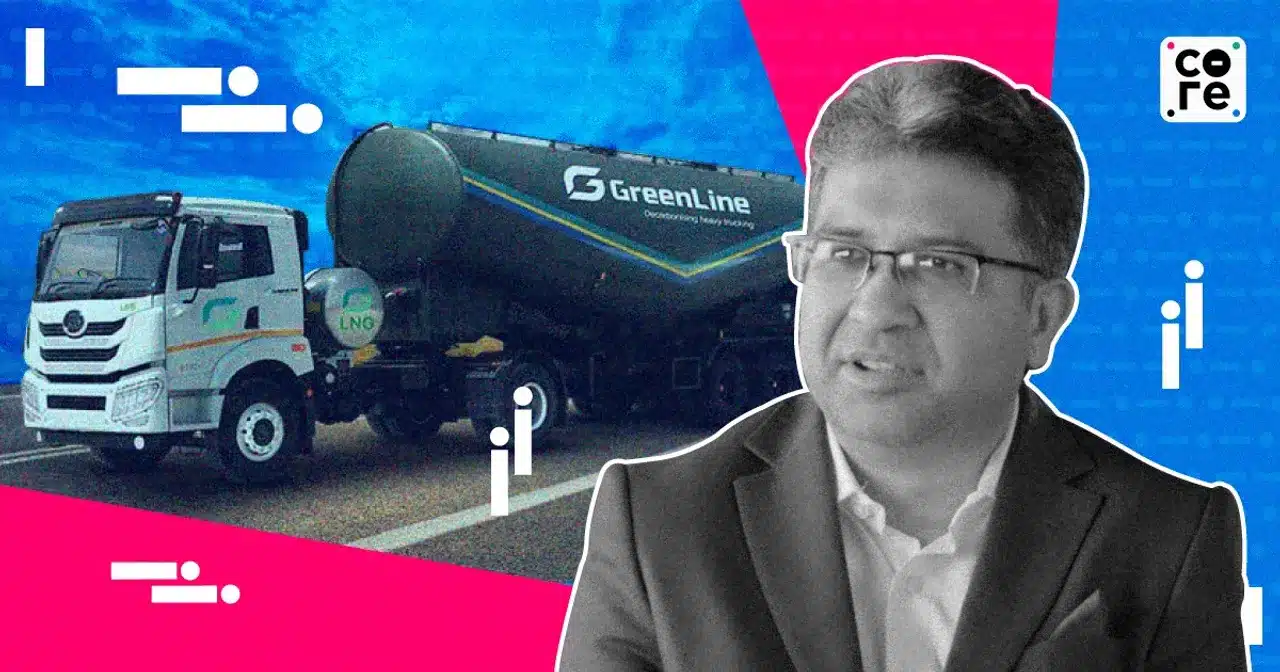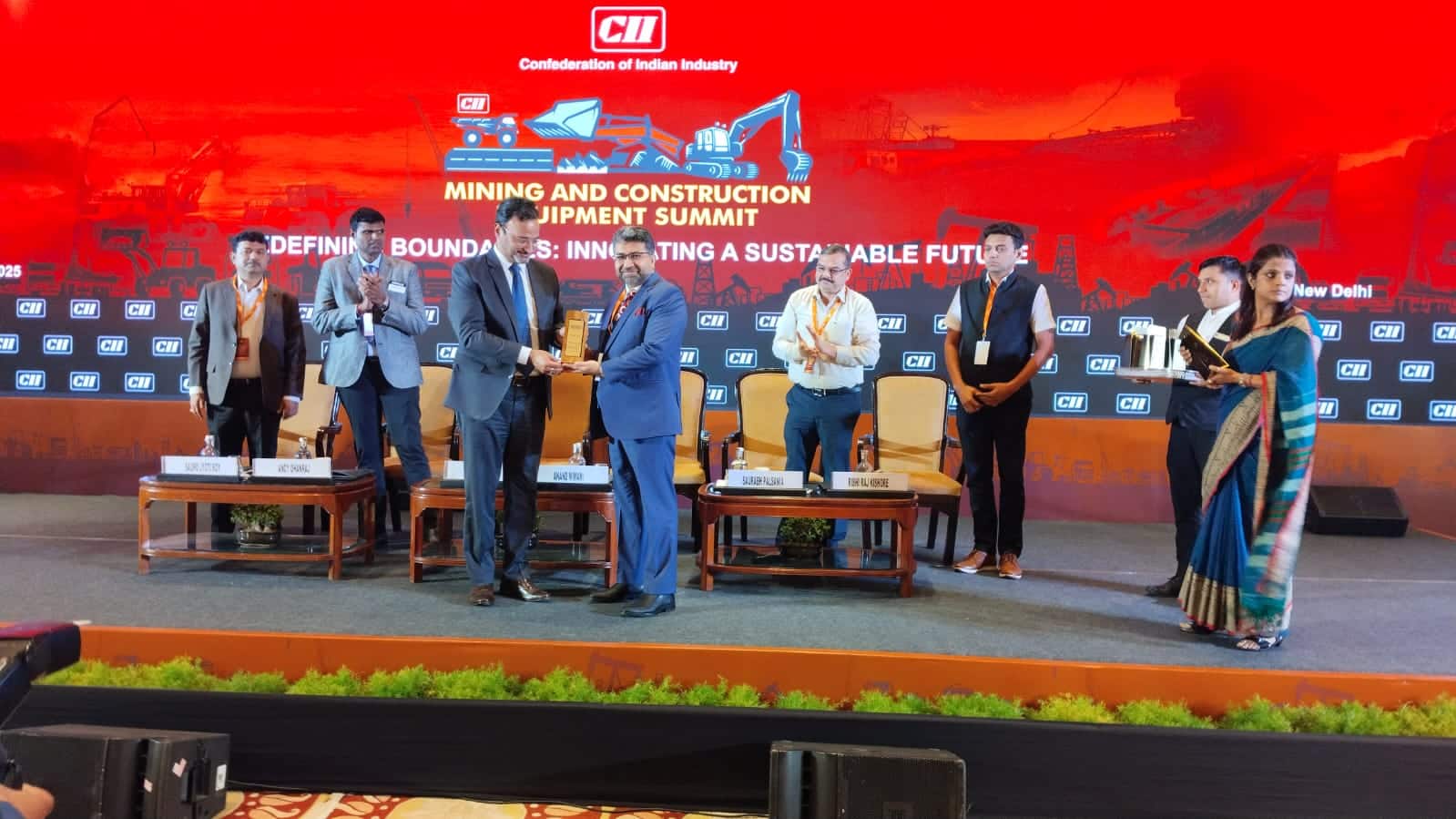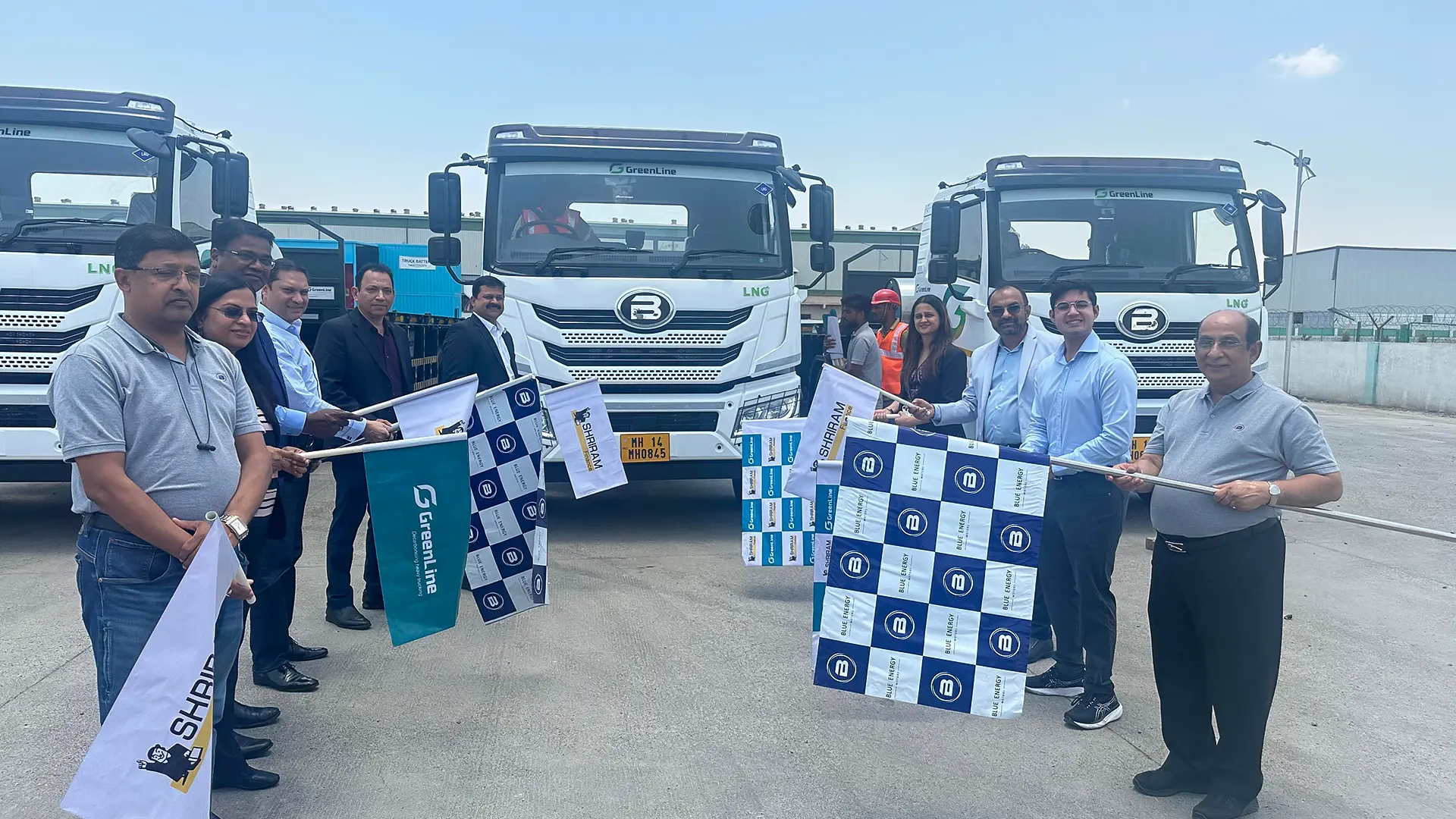Importance of decarbonising Indian road logistics by Anand Mimani
India, as the fastest growing major economy, faces the challenge of decarbonising its road transport sector, which accounts for a significant portion of energy demand and associated emissions. For India to achieve its net-zero greenhouse gas (GHG) emissions target by 2070, substantial efforts will have to be taken to decarbonise the transport sector.
Road transportation accounts for less than one fifth of India’s final energy use, but is responsible for nearly 12% of the country’s energy-related carbon dioxide emissions. Given the rapid growth of the Indian economy, this sector, and its emissions, are growing at a faster rate compared to other sectors. Hence, the urgent need to address the environmental impact of diesel-powered transportation and explore viable low emission alternatives, especially for long haul road movement.
Electric vehicles (EVs) have started making inroads into the last mile logistics, but widespread adoption of EVs for long-haul heavy-duty transport will take much longer as significant advancements in battery and charging technology, as well as charging infrastructure, are required for long haul applications. In fact, we believe EVs will be a good solution for short haul heavy duty freight transportation, reducing CO2 & other toxic emissions significantly. Similarly, zero emission fuel options like hydrogen are still in the early stages of innovation and require more time for full-scale development and commercial deployment. However, the country cannot wait indefinitely for these technologies in order to initiate the decarbonisation of its road logistics.
In this transitional phase, (Liquefied Natural Gas (LNG) can play a crucial role in significantly reducing emissions in road logistics until zero emission alternatives become commercially viable. LNG-powered HCVs emit upto 30% lesser CO2, 100% lesser SOx, 59% lower NOx, 70% lower CO and 91% lesser Particulate Matter, compared to diesel powered vehicles. LNG-powered vehicles have a long range of upto 1,400 km in one tank fill and create 30% lower noise pollution. All these factors combine to make LNG the best transition fuel for decarbonizing heavy transport.
Road Transportation dominates the freight multi-modal share, accounting for ~65% of freight movement in 2020, followed by Rail at 27%, Coastal Shipping at 5%, and Inland Waterways at 2%. Road Transportation also accounts for the largest share of energy consumption in freight transport, and between 2005 and 2020, its energy consumption grew faster than its respective share in freight activity. This disparity is primarily attributed to the low fuel efficiency of Indian trucking fleets. India’s progress in implementing stringent fuel efficiency standards, particularly for heavy-duty vehicles, has been relatively slow, further contributing to increased energy consumption and even higher emissions.
The Indian trucking fleet, primarily comprised of medium-sized trucks with a gross vehicle weight between 3.5 MT and 20 MT, is inefficient in terms of fuel consumption. These trucks haul freight over long distances but burn a substantial amount of fuel while carrying less load. Deploying larger trucks, with payloads of 35-40 MT, on long haul routes would reduce the number of vehicles deployed, leading to increased efficiency and reduced emissions.
Looking ahead, trucks will continue to dominate freight service demand. A NITI Aayog report projects the number of trucks to grow four times over the next three decades – from 4 million in 2022 to 17 million by 2050. In the absence of low emission fuel alternatives, the sector’s emissions will also quadruple, reaching unmanageable proportions.
In this backdrop, LNG (Liquefied Natural Gas) emerges as a critical alternative fuel in accelerating the transition of India’s long-haul heavy-duty freight transport system to a cleaner fuel. With its potential to significantly reduce carbon emissions compared to diesel, LNG can serve as an effective solution for long-haul heavy-duty freight movement until zero emission alternatives become commercially viable.
This transition to LNG-powered road logistics will also be key to realising Prime Minister Modi’s vision to make India a gas-based economy as well as achieving India’s emissions reduction goals as articulated under its Nationally Determined Contribution (NDC) under the Paris Agreement at COP21.
Large corporates are embracing LNG-powered road logistics due to its critical advantage of lower emissions of greenhouse gases and pollutants, leading to improved air quality and reduced environmental impact. By incorporating LNG-powered vehicles into their long-haul freight transportation fleets, companies are not only contributing to a greener future but also benefiting from improved operational efficiencies and a positive brand image aligned with environmental stewardship and ESG performance
LNG has emerged as a promising solution for achieving a cleaner logistics system. Its use in long haul, heavy duty trucking offers significant environmental benefits, including lower emissions and improved air quality.
By accepting LNG as the fuel of choice for long haul road logistics, India can make significant strides towards a greener and more sustainable future for its transport sector, ensure a healthier environment for generations to come and also move in the right direction towards meeting its net zero GHG emissions target.










